
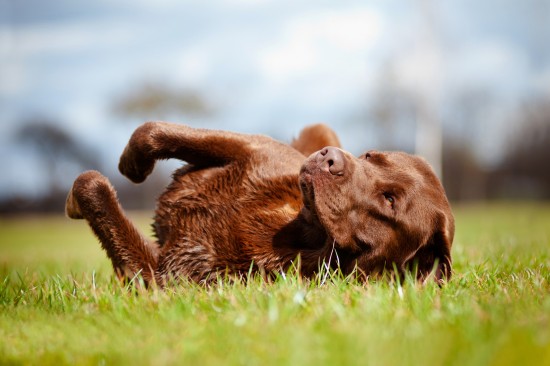
In our first “why do dogs..?” article, we provided some explanations and enlightenment for the potentially confused dog owner as to why their dogs display some perfectly normal but often, to their human handlers, confusing behaviours, such as digging at their bed, shaking when they are dry, and burying their toys. However, those are by no means every dog-related mystery that may leave the canine enthusiast scratching their heads, and so in part two, we will attempt to explain a few more!
This is one of the most commonly asked questions from the dog owner, and it is often asked in somewhat despairing terms! If your dog has a penchant for rolling around in the most disgusting things he can find, such as the faeces of other animals or dead and decaying wildlife, you are quite possibly anxious for an explanation. As with most things relating to dogs, the answer is multi-faceted, and the subject of some debate. The most commonly accepted reason behind why dogs roll in rancid things harks back to the days when dogs lived wild as hunter-scavengers. Taking on the scent of the outdoors and particularly, the strongest scents in the wild such as faeces or death, could go a long way towards masking the dog’s own scent and so making them more effective hunters. Other plausible reasons include attempting to scent-mark the offending object itself with the dog’s scent, thereby tagging it as theirs, or in order to infuse themselves with the scent of the object in question to take back to the pack to demonstrate that they have found something interesting.
Many animals take pains to check over and manage the area that they have just used to go to the toilet; the cat is of course, the most obvious example of this, as cats will take great pains to bury their waste before moving on. However, while animals such as cats behave like this in order to mask their emissions, with dogs, the reasoning is almost certainly the other way around. Dogs are keen to mark their own territories and let other dogs and other potential infringers know that a given space is theirs. Scratching at the ground or uprooting the grass in the area that they have been to the toilet is likely to be intended as an additional visual and olfactory cue that the dog was there and has taken ownership of that space.
It comes as a surprise to many dog owners that cocking a leg to pee is a learned and acquired behaviour, rather than one that happens intuitively for male dogs. Dogs learn to cock their legs either from observing other dogs doing the same, or from scenting the urine of other dogs on the trees and bushes in the areas in which they walk. Male dogs that are not socialised around other male dogs or that do not cover the same territory as other male dogs are unlikely to cock their legs at all, and some dogs never learn to cock their legs, which is by no means a problem or cause for concern. The simple reason behind why dogs cock their legs to pee is another case of dogs marking their territory and sending a message to other dogs in the area; Cocking their leg means that they urinate higher up, dousing a larger area with their scent mark and making it carry in the air and on the surrounding foliage more effectively.
If your dogs often undertake the rather entertaining process of rolling about and thoroughly rubbing themselves on the carpet, you may well have wondered what is going on! There are two potential answers to explain this behaviour; the first is a simple case of scratching an itch, and the second, again, comes down to dog scent marking. Your dog may be either marking the carpet (one of the largest scent-carriers in the home due to its size and the amount of traffic it receives) with their own scent, or attempting to infuse themselves with the scents of the household itself.
Dogs lick people for multiple reasons; as a sign of affection, and because they enjoy the taste of salty skin! But dogs that try to lick your face and particularly around your mouth (which should of course be discouraged for hygiene reasons) have a different agenda entirely. In the wild, dogs caring for a litter may have had to travel some distances to catch or find food for their puppies, and carrying the spoils back to the den could be arduous, as well as risky if another dog tried to take their food from them. Parent dogs would often swallow the food they found, and regurgitate it back into the nest for the puppies upon their return. Puppies would lick the faces of their parents when expecting food to appear, a behaviour that dogs have unconsciously maintained to some extent right up to the present day.
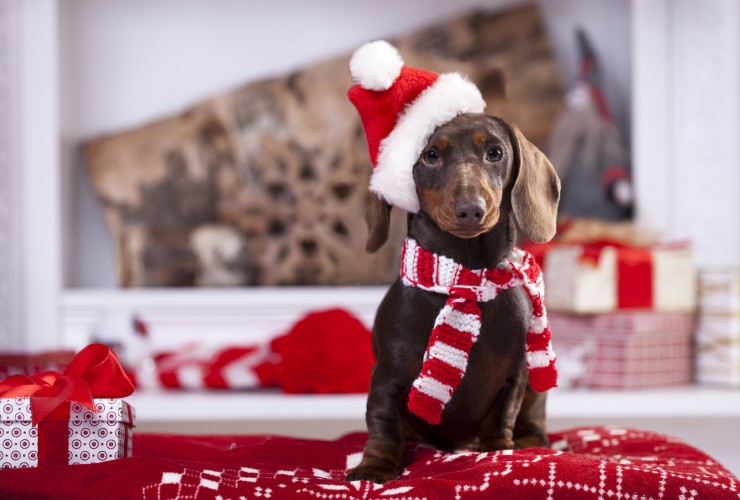 Rspca Advises Pet Owners Against Dressing Up Their Pets For Christmas
Rspca Advises Pet Owners Against Dressing Up Their Pets For Christmas
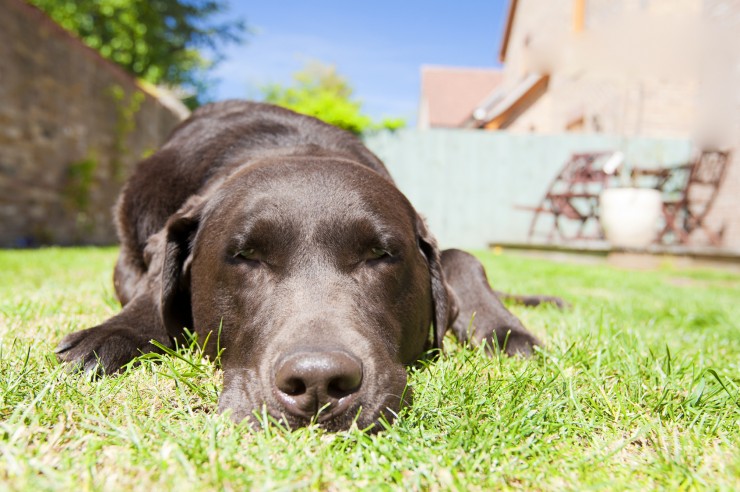 Recognising Heatstroke In Dogs Early On
Recognising Heatstroke In Dogs Early On
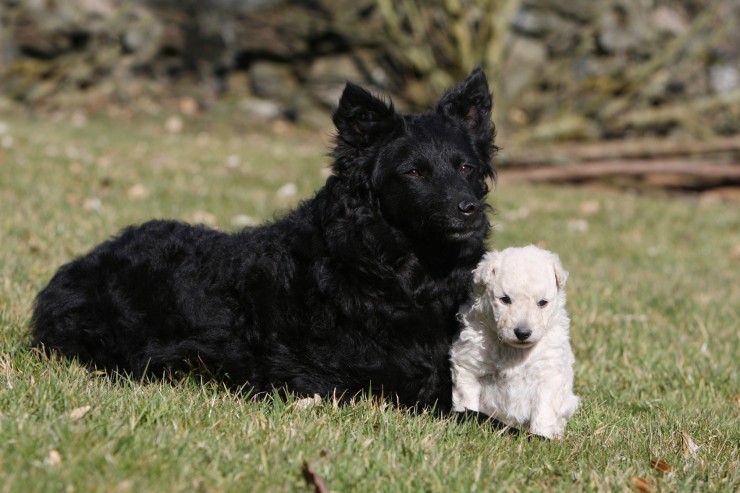 The Mudi - A Loyal, Affectionate Dog From Hungary
The Mudi - A Loyal, Affectionate Dog From Hungary
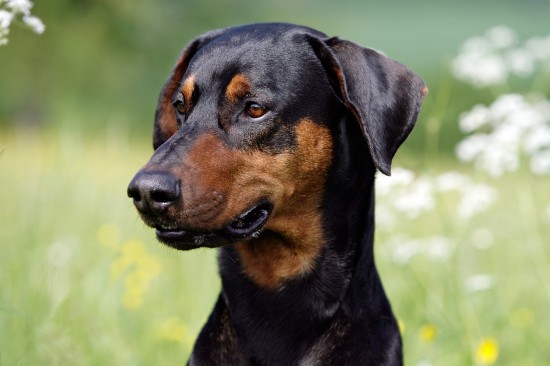 What Is Von Willebrands Disease In Dogs ?
What Is Von Willebrands Disease In Dogs ?
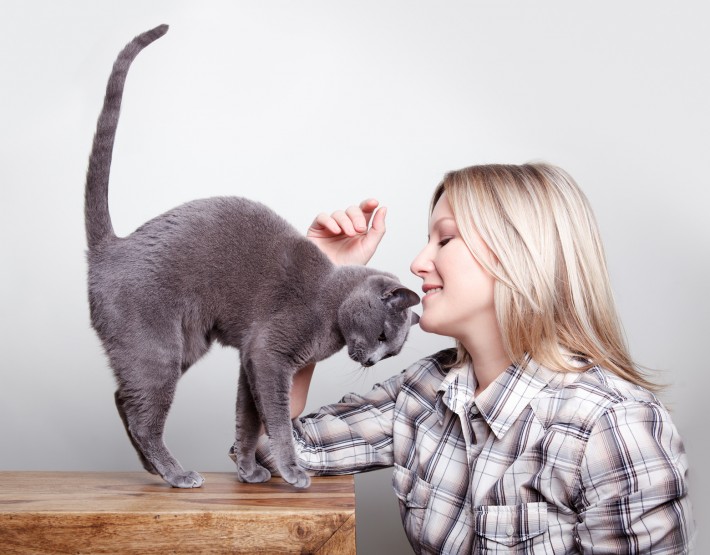 Six Signs That You Might Be A Crazy Cat Lady!
Six Signs That You Might Be A Crazy Cat Lady!
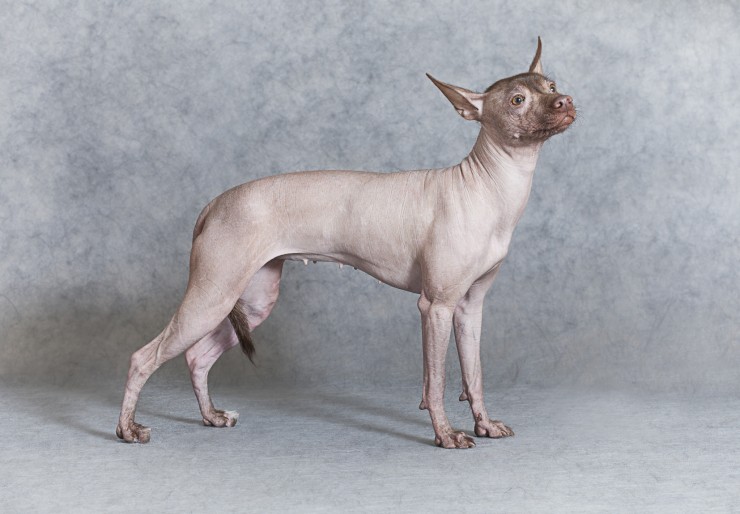 Some Helpful Facts And Information About Hairless Dog Breeds
Some Helpful Facts And Information About Hairless Dog Breeds
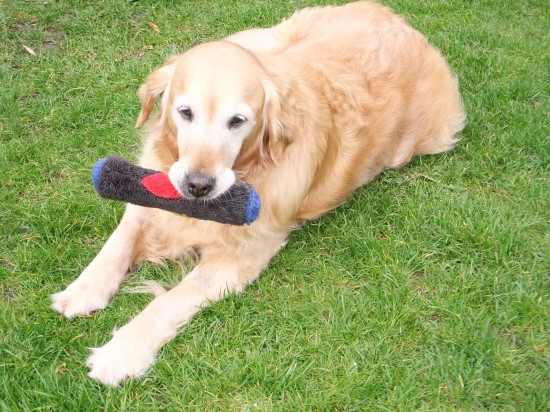 The Life Of A Rescue Dog And Puppy
The Life Of A Res
The Life Of A Rescue Dog And Puppy
The Life Of A Res
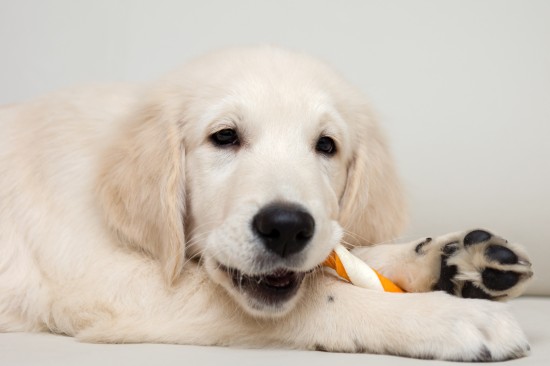 Some Of The Stranger Forms Of Canine Behaviour Decoded
Some Of The Stran
Some Of The Stranger Forms Of Canine Behaviour Decoded
Some Of The Stran
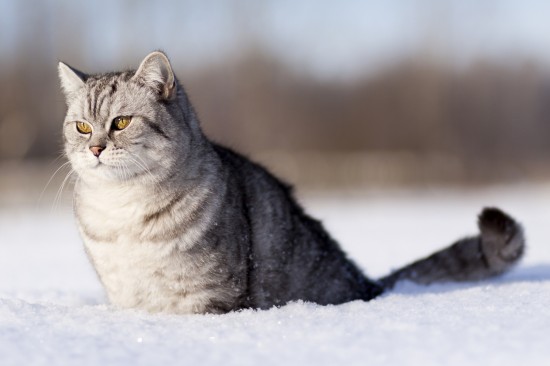 How To Protect Against Ice And Frost Without Risking Your Pet’s Health
How To Protect Ag
How To Protect Against Ice And Frost Without Risking Your Pet’s Health
How To Protect Ag
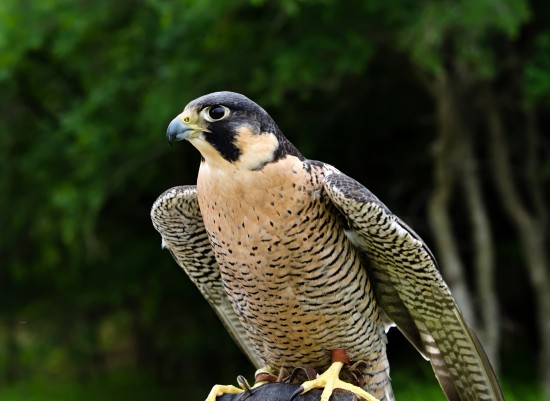 Interesting Facts About Peregrine Falcons
Interesting Facts
Interesting Facts About Peregrine Falcons
Interesting Facts
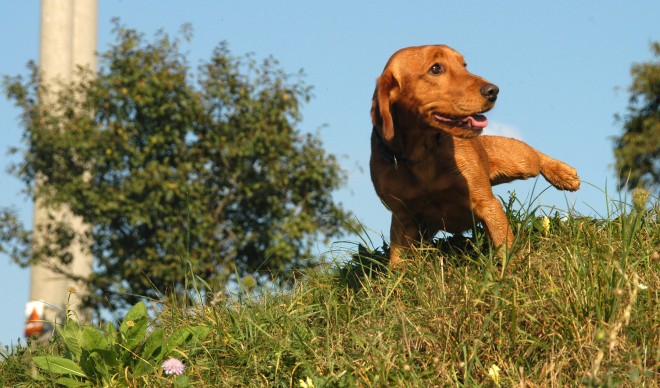 The Five Most Common Reasons For Frequent Urination In The Dog
The Five Most Com
The Five Most Common Reasons For Frequent Urination In The Dog
The Five Most Com
Copyright © 2005-2016 Pet Information All Rights Reserved
Contact us: www162date@outlook.com